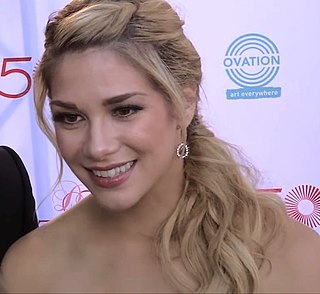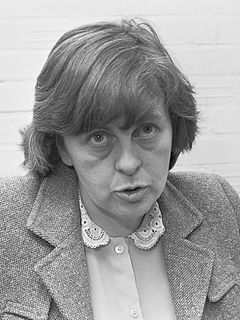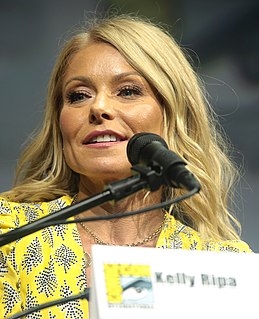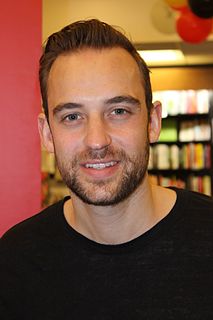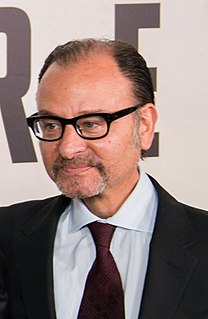A Quote by Erykah Badu
I'm a complete human being. I'm very emotional and loving. I feel, I hurt, I give, I take, and also I think. I analyze. I'm a sociologist, anthropologist.
Related Quotes
The very same brain centers that interpret and feel physical pain also become activated during experiences of emotional rejection. In brain scans, they light up in response to social ostracism, just as they would when triggered by physically harmful stimuli. When people speak of feeling hurt or of having emotional pain, they are not being abstract or poetic, but scientifically quite precise.
I happen to be a very passionate person, so when I first feel emotional pain, I take it very hard. I'll more than likely have a mild breakdown for a few moments, but I allow myself to feel these emotions, release them, and learn to use that hurt as my strength for change. I believe that you can take all experiences and use them as knowledge and fuel to be a better person.
We're human beings we are - all of us - and that's what people are liable to forget. Human beings don't like peace and goodwill and everybody loving everybody else. However much they may think they do, they don't really because they're not made like that. Human beings love eating and drinking and loving and hating. They also like showing off, grabbing all they can, fighting for their rights and bossing anybody who'll give them half a chance.
If the people in a relationship were able to get rid of this torment within and replace it with happiness, love, and a sense of well-being, they would never think to hurt another human being. They would be filled with an understanding of others and an appreciation of others and have an ability to reconcile differences without any violence whatsoever, to reconcile differences in a very loving way, a very happy way.
Should an anthropologist or a sociologist be looking for a bizarre society to study, I would suggest he come to Ulster. It is one of Europe's oddest countries. Here, in the middle of the twentieth century, with modern technology transforming everybody's lives, you find a medieval mentality that is being dragged painfully into the eighteenth century by some forward-looking people.
To paraphrase something the anthropologist Ashley Montagu once said, the way I change my life is to act as if I'm the person I want to be. This is, to me, the simplest, wisest advice you can give anyone. When you wake up and act like a loving person, you realize not only that you are altered, but that the people around you are also transformed, because everybody is changed by the reception of this love.
I think, questions about what it means to respect nature become very important because just as in human society, for example, part of what it is for me to live a good life as a human being in a human society is to have respect for others around me. Now, that respect, to some extent, can be thought of as being grounded in the rights and interest of others but it also has to do with the stance that I take in the world and what it is that provides meaning and significance in my own life and I think there are similar ideas of respect for nature that apply as well.
Jazz is really about the human experience. It’s about the ability of human beings to take the worst of circumstances and struggles and turn it into something creative and constructive. That’s something that’s built into the fiber of every human being. And I think that’s why people can respond to it. They feel the freedom in it. And the attributes of jazz are also admirable. It’s about dialogue. It’s about sharing. And teamwork. It’s in the moment, and it's nonjudgmental.



